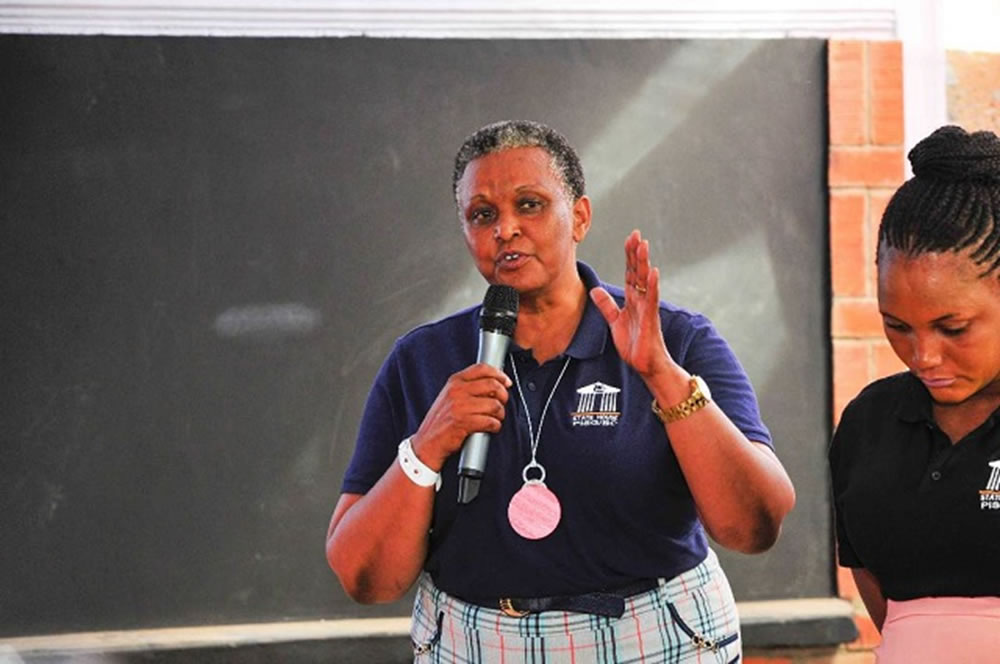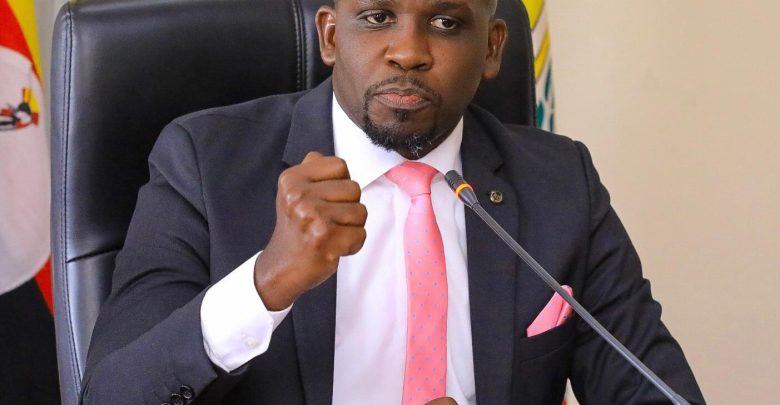WHY USDP?
Uganda’s labour force consists of 15 million individuals with Agriculture accounting for 73% of the labour force employed in 2010. About 95 percent of the 11 million people working in Agriculture are informal workers. Within the services sector, 80 percent of the jobs are in the non-wage/informal sector jobs, mainly in low-productivity retail trade. Other sectors that employ relatively large numbers include the manufacturing sector (500,000 people) with about 60% of these in non-wage manufacturing. Construction accounts for 1.6 percent of the workforce (about 250,000 people). However, over 90 percent of workers are in wage employment sector.
The challenge Uganda faces is to increase the number of jobs in the more productive sectors, shifting people out of Agriculture into services and industry, while at the same time putting in place interventions, which will enhance productivity in Agriculture.
The Business, Technical and Vocational Education and Training (BTVET) sector has the potential of providing the largest number of skilled employees to increase Uganda’s productivity. However, the sector has suffered from weaknesses in five major areas. These include; relevance to economic growth, quality of skills provision, access and equity, organizational effectiveness and financial and internal efficiency. The system does not produce the appropriately skilled workforce that Uganda requires to increase income and employment and to compete internationally. The training institutions do not deliver training commensurate to the required standards and few students access the training.
DEVELOPMENT OBJECTIVE
To enhance the capacity of institutions to deliver high-quality, demand-driven training programs in target sectors. The target sectors are construction, manufacturing and Agriculture.
PURPOSE
The purpose of USDP is to support the design of the initial set of reforms that will set the foundation for transforming skills development in the country. It aims at creating a scalable model for high quality vocational and technical training which is linked to labour market needs for specific sectors.
Youth beneficiaries of presidential initiative on skilling the girl, boy child advised to work hard

Dr Faith katana Mirembe.
The Director of the Presidential Initiative on Skilling the Girl/Boy Child (PISGBC) Project, Dr Faith Katana Mirembe has advised the youth to work hard to transform their lives.
“We should not be consumers but producers. We should uprise and work; change that mentality of begging,” Dr Katana urged.
The Director made the remarks as PISGBC trainees at Luzira Skilling Centre showcased their skills acquired during their six months of training. They were trained in tailoring, hairdressing, bakery, confectionery, shoemaking, knitting, weaving and embroidery.
Dr Katana disclosed that President Yoweri Museveni initiated the project with the main goal of reducing unemployment rates among the youth by creating jobs by using the acquired skills.
“H.E. the President felt for the young people, especially the underprivileged. He came up with this project to create employment opportunities, curb criminality, increase productivity and fight poverty among the youth,” she said.
“If you take this lightly by forgetting that the government has invested a lot of money in you, just know that no one bewitched you, it’s you with the problem.”
Dr Katana further advised the beneficiaries to use their acquired skills to be job creators rather than job seekers.
“There’s no way we can achieve development without a product. Use your heads to process and turn raw material into a product,” she added.
“Be Ambassadors of such government programs so that you help others to also earn decently,” he advised the trainees.
The Administrator of Luzira Skilling Centre, Joyce Athieno said since its initiation, the project has transformed the lives of thousands of youths.
According to Athieno, the majority of the beneficiaries have been able to put the skills acquired into use and they have supported their families, narrowed employment gaps and fought poverty.
“We should not frustrate with this project because it touched and changed lives. I want to thank the President, the State House Comptroller Jane Barekye, Dr Katana and the team at State House in a special way for this brilliant idea,” she said.
The Administrator further revealed that after a free six months of training, students are examined and rewarded with a certificate from the Directorate of Industrial Training (DIT).
At the same event, the instructors were awarded certificates of appreciation and the Luzira Skills Football Team- PISGBC Queens FC was launched.
Since its initiation in January 2018, Luzira Skilling Centre has enrolled and skilled a total of 5,606 youths.
The presidential initiative on the skilling the girl/boy child project ensures that the needy acquire skilling courses like hairdressing, embroidery, tailoring, knitting, weaving, shoe making, bakery and confectionery. the goal is to ensure that needy children benefit from the presidential initiative from various centres so that they can be self-employed. at the end of the 6months course, students do an assessment exam given by the Directorate of industrial training (DIT) and are given certificates
The program is free of charge you only require a national identity card and recommendation letter from the lc1 to enrol for the program and students are given free meals from Monday to Friday.
The special presidential assistant for education/project head, Dr faith Mirembe katana has been visiting different centres in Kampala as the students showcase the skills they have acquired throughout the period of the course
The program started on 10/4/2017 with 850 students and the president launched it on 14/4/2017 thus the field batch of students graduated on 30th /10/2017.



